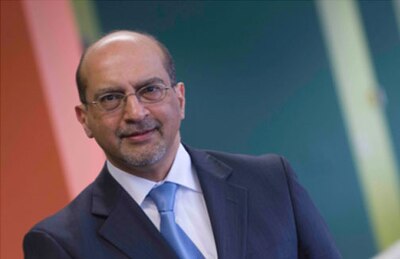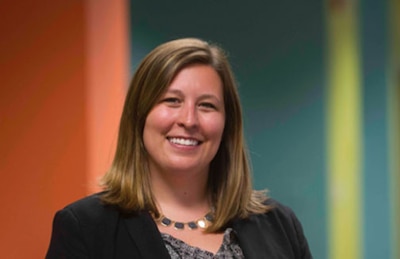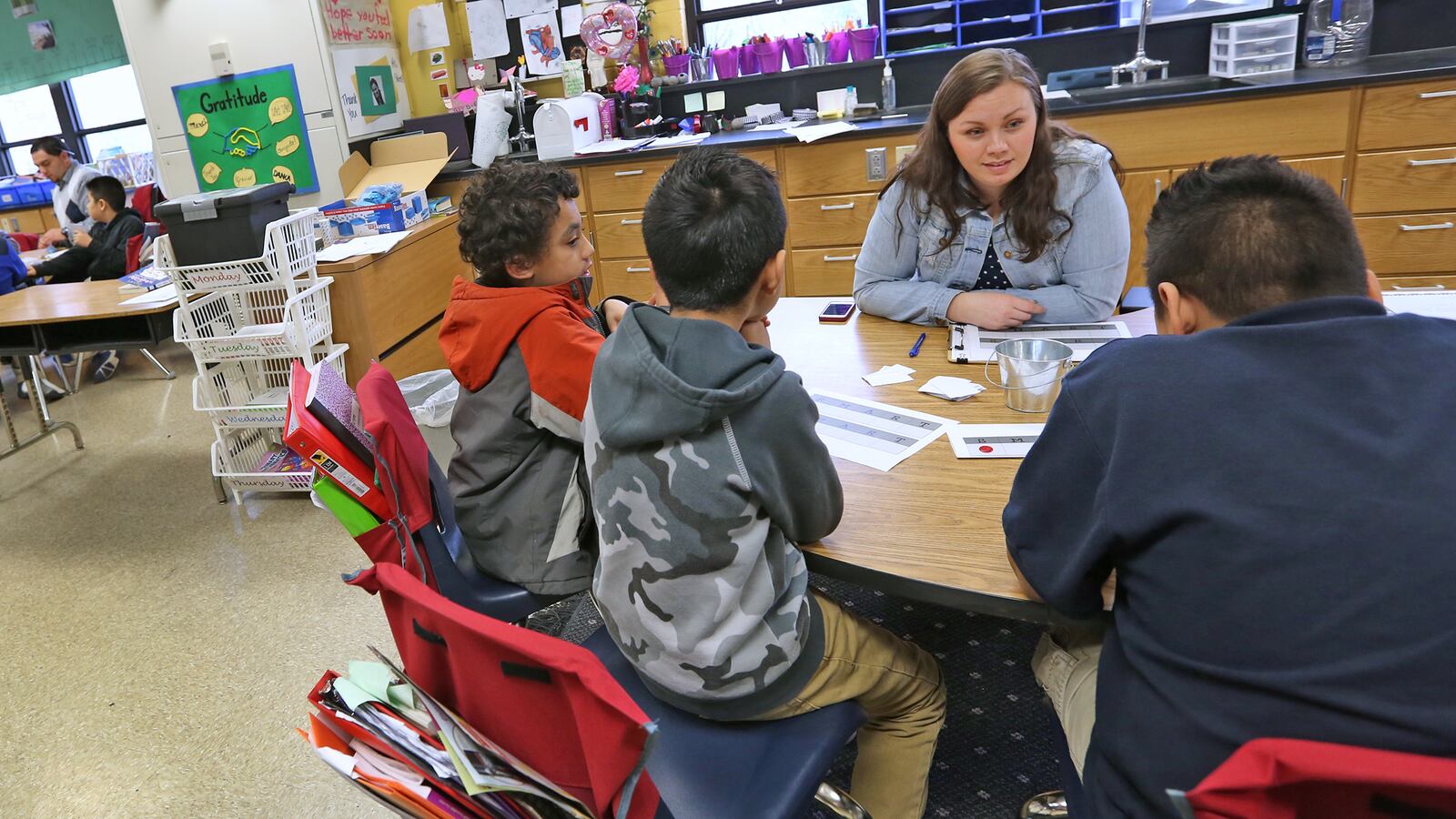An Indianapolis nonprofit is betting that a school reform plan with roots in Africa can help turn around a troubled Indianapolis public school.
Mahmoud Sayani, one of three winners of a second round of $100,000 fellowships financed by the Mind Trust and designed to incubate ideas for Indianapolis Public Schools, hopes to build on lessons he learned running a network of private schools in Kenya called Aga Khan Education Services.
The other winners were Kevin Kubacki and Shanae Staples of Enlace Academy, a charter school that shares space in an IPS building, and Sheila Dollaske, principal of IPS’s Key Learning Community, a K-12 school known for an emphasis on project based learning.
The fellows get the money, support from The Mind Trust and time off to develop their ideas for how to improve schools. They will eventually pitch their plans to the Indianapolis Public School Board, which can choose to try them out at some of their lowest-scoring schools. School 103 was recently picked for an overhaul by one of last year’s winners, a team of Marlon Llewellyn and Earl Phalen of the Phalen Leadership Academy charter school network.
The three Innovation School Fellowship Program winners, announced today, were chosen from 77 applicants.
Learning from Kenya
All students, even those from poor families, can succeed with a rigorous program under the right leadership and school culture, Sayani said.

“We have to get the entire school community working toward the success of all the students in the school,” he said.
Sayani’s goal is to design a school that gives kids the technical skills to someday solve complex global problems. To get there, he envisions an academic course of study that combines the International Baccalaureate program with a focus on science, technology, engineering and math. IB aims to prepare kids for a global world by teaching them to think critically, use research, ask probing questions and get involved in their communities.
“(IB) is a great framework which brings the best contemporary thinking in education and it allows you to bring in aspects of project-based learning and STEM,” Sayani said. “It’s about helping students think about an interconnected world, an intercultural awareness and a respect for all cultures and differences among people.”
Sayani grew up in Kenya before later attending Duke University and pursuing a 15-year career in engineering. A desire to make a more direct impact on people’s lives led him to humanitarian work, and eventually, education, he said.
New ideas from within IPS
While Sayani’s ideas were cultivated on another continent, Dollaske has spent the last three years trying to turn around one of the most famous IPS schools.

Key Learning Academy, serving kindergarten to 12th grade, was the world’s first school to use a curriculum built on the theory of “multiple intelligences,” which aims to tailor teaching based on the different intellectual strengths of students. The once high-scoring school had fallen to an F grade from the state when Dollaske took over, aiming to raise test scores while maintaining the school’s identity.
IPS proposed closing the school last year but changed course after criticism from the community and some school board members. With Dollaske leaving the school to start work on her “innovation network” idea, she said IPS will hire another principal to take over Key.
After her first year, the elementary school’s ISTEP passing rate had the biggest gain in the city. It fell back some last year but still is 10 percentage points above where it was when Dollaske took over. Scores have also risen for middle and high school students at Key in her tenure.
“Key is at a much better place academically right now,” Dollaske said. “I do honestly believe that Key is now poised and has the systems and structures in place to be an elite magnet program.”
Dollaske has plans to develop a middle school that includes education services for the students’ family members. One idea for the school is to partner with Goodwill Education Initiatives’ Excel Center, which is aimed at high school drop outs, to help those family members who need earn their high school diplomas.
Students in IPS’s middle grades are some of the most struggling students in the district when it comes to test scores.
“I was struck by the need for high-quality middle schools,” Dollaske said. “That is such a pivotal time. If we could better prepare incoming ninth graders, I think it would have a significant impact on the community high schools.”
Expanding a charter school partnership
Enlace Academy’s leaders say their fellowship is a chance to expand what they called an already strong partnership with IPS.

Enlace focuses on combining computer-led instruction with small-group learning led by a teacher. It shares a building with IPS’s Gambold Preparatory High School on the West side. The charter school serves a large population of English language learners and Hispanic students.
Through the fellowship, the school could expand to a second site by also operating an IPS school directly.
“We built a really strong relationship with Gambold Prep, with tutoring and mentoring and coaching and really being able to extend that reach and partnership,” Kubacki said. “We’re going to work together. I see this as a wonderful step in that direction, to really start to implement best practices throughout the city.”
The innovation network program has been criticized in the past by IPS school board members who argued it shouldn’t entrust its most troubled schools to groups that yet don’t have a track record of showing student test gains. Both Phalen Leadership Academy and Enlace Academy haven’t been in existence long enough to have earned an A to F letter grade rating from the state based on their students’ test scores.
But Mind Trust CEO David Harris argued those concerns are unfounded. He used Sayani as an example of someone who he believes is a great leader but doesn’t have experience leading a school that is subject to the state’s accountability system.
“To think that we would say we’re not going to avail ourselves of his unique experience because he didn’t (lead) a school that took the ISTEP test is incredibly shortsighted,” Harris said. “Everyone who has ever launched a school had to do it for the first time.”
The first innovation network school, to be run by Phalen’s charter school network, opens at School 103 next fall. Philanthropic groups rallied around the partnership and vowed to provide a host of extra supports for the school’s student.
“This is a signal that schools in IPS will not exist in perpetuity and that we will take action on those that are consistently underperforming,” IPS Superintendent Lewis Ferebee said. “Employing innovative solutions is an attempt to avoid repeating what we already know is unsuccessful. Student achievement is paramount, and we’re excited about what these new opportunities might bring.”

